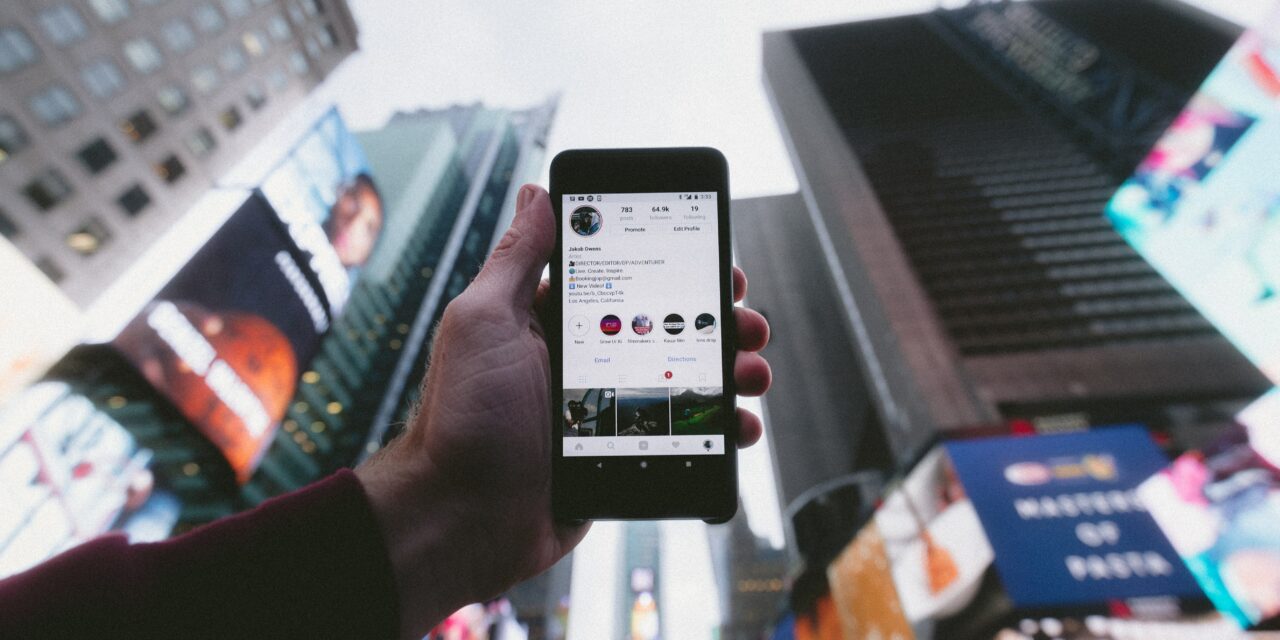Whilst the pandemic forced shops to close and staff to be furloughed, Instagram opened doors for many people to create small businesses from the comfort of their homes. Just within my network, friends started cake making businesses, some have been selling candles and wax melts, whilst others now have enough followers to advertise products for other companies. I even have one contact who has set up an Instagram business coaching company where she helps others to improve their content to increase interactions and sales on their pages.
It has been brilliant to see how people have turned a challenging year into an opportunity to start a business which can be sustained when we go back to normality. E-commerce businesses allow people to construct their own flexible working hours. This gives women another opportunity to work whilst raising a family, people with disabilities and access concerns a comfortable way to start their own business, and young people a way to make money whilst studying. Giving people a sense of purpose and achievement has changed lives even during the toughest of times.
For all its benefits, Instagram has an undoubtable impact on a consumer’s mental health. It has transformed from an online photo album full of blurry photos of our pets, to a market place with no closing hours after a shopping tab was introduced last year. It isn’t just any old shopping tab, it seems to know me better than I know myself. Targeted ads can feel invasive, particularly if you want to use Instagram simply for the blurry pet photos.
Beyond this, Instagram is full of edited photos. Most can be harmless where people have edited red eyes or touched up a blemish, but others can have a real impact on someone’s mental health. Issues arise when body parts and proportions have been digitally altered by a person who is advertising a product. We should not be striving to achieve a certain look or body image that is completely unachievable without photoshop.
Dr Luke Evans MP has recently called for digitally altered photos to have a label so that consumers are aware that a photo has been significantly edited. If Instagram is going to be used as a marketplace, advertising should be honest.
Additionally, Instagram filters have added to the pressure on young people to look a certain way. No longer are we just comparing ourselves to others, we are comparing ourselves to an altered version of our own face and body which aren’t what we see in a mirror reflection. These filters can make lips look plumper and bone structures more defined.
People are getting plastic surgery at a younger age than ever before, which is a real issue when cosmetic surgery is not cheap. Laura Trott MP has been a champion for protecting young people by tabling the Botulinum Toxin and Cosmetic Fillers (Children) Act which has now received Royal Assent. This new law will ban under-18s from having botox or fillers which will prevent children from seeking cheaper cosmetic surgery which is conducted by people with no qualifications, leading to serious and sometimes life-altering medical complications.
Young people need to be reminded that Instagram is not real life. There is so much more to life than likes on a photo. Whilst Instagram opens doors for people to start successful businesses, we have a responsibility to protect young people’s mental health and wellbeing too.
The theme for Mental Health Awareness Week is nature. If the past year has taught us anything, it’s that we need to make the most of life, appreciate time with loved ones, support each other, and realise the value of each unique individual. Why not limit your time on social media, get outside, appreciate the great outdoors with friends and family as opposed to the lives that others craft and want you to see online?
Alice Hopkin is the Executive Director of Digital Tories. You can follow Alice on Twitter at @AliceMHopkin



